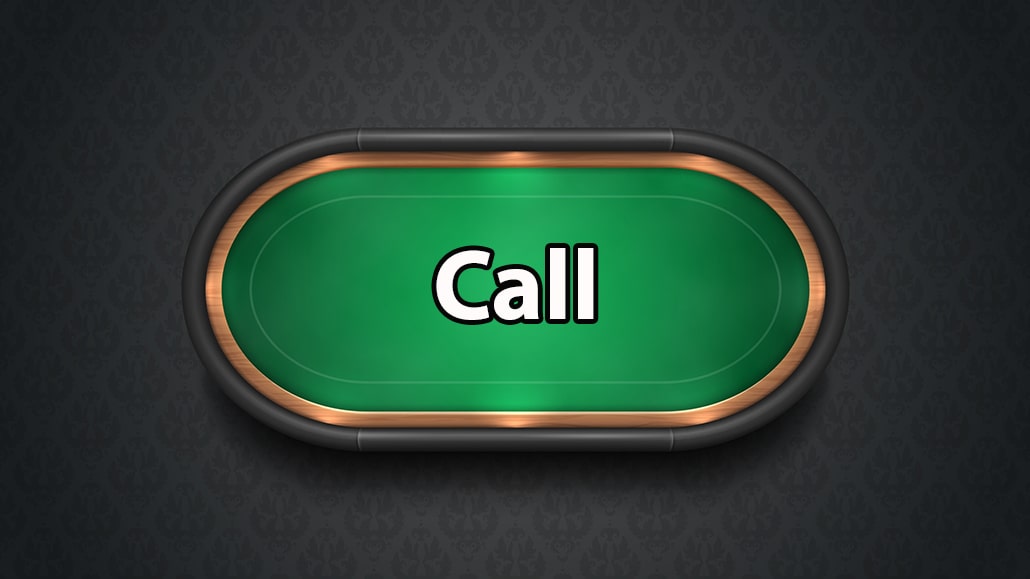What Is A Call In Poker?

In poker, a call is a term used to describe an action in which a player has matched the current bet or the amount of a previous bet made by another player.
In the situation when you are facing a bet from another player, you have the option to either call the bet, raise the bet or fold and forfeit your hand. Calling is simply matching the bet whether the action happens preflop or postflop.
While calling can be a valid strategy in many postflop situations, there are several reasons why professional poker players avoid calling too much preflop:
- Losing initiative – by calling, you are leaving the initiative to your opponents, which means that they will keep dictating in which direction the hand will go.
- Losing the opportunity to win the hand on the spot – by calling, you can’t make your opponents fold, which means that you can’t win the hand at that moment.
- Decreases the chance of going heads up – by calling, you are increasing the chance that more players will cold call and join the hand and thus decrease your chances of winning the pot.
Of course, there will be situations in which calling is fine preflop as well, such as when you have a speculative poker hand and want to see a cheap flop or try to trap your opponents.
Poker Call Example:
Let’s say that you are playing a game of Texas Hold’em with $2/$5 stakes, and the UTG player raises to $12, you look at your cards, and you are holding ducks (2s 2d), so you decide to continue with your hand, and you put $12 into the pot.
In this situation, your $12 bet is considered a call because you match one of the bets previously made in the hand.
Now, let’s say that you were the first player to act in the hand, and you decided to continue with your hand and put $5 into the pot. In that situation, your $5 bet would be considered a limp.
ONLINE POKER:
RESOURCES:







